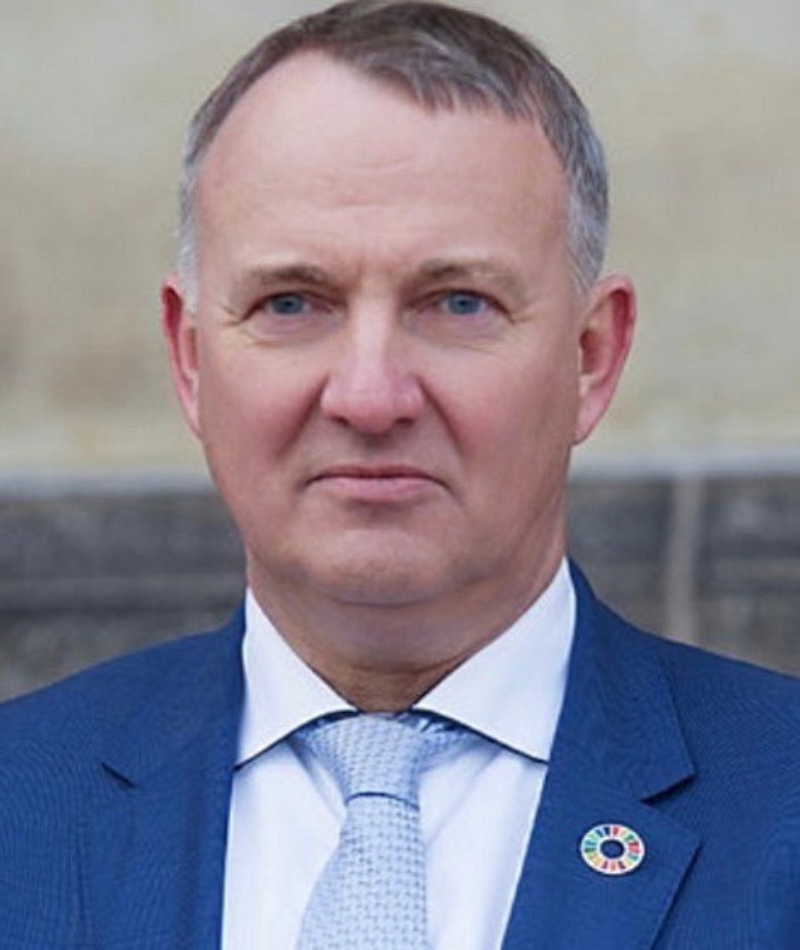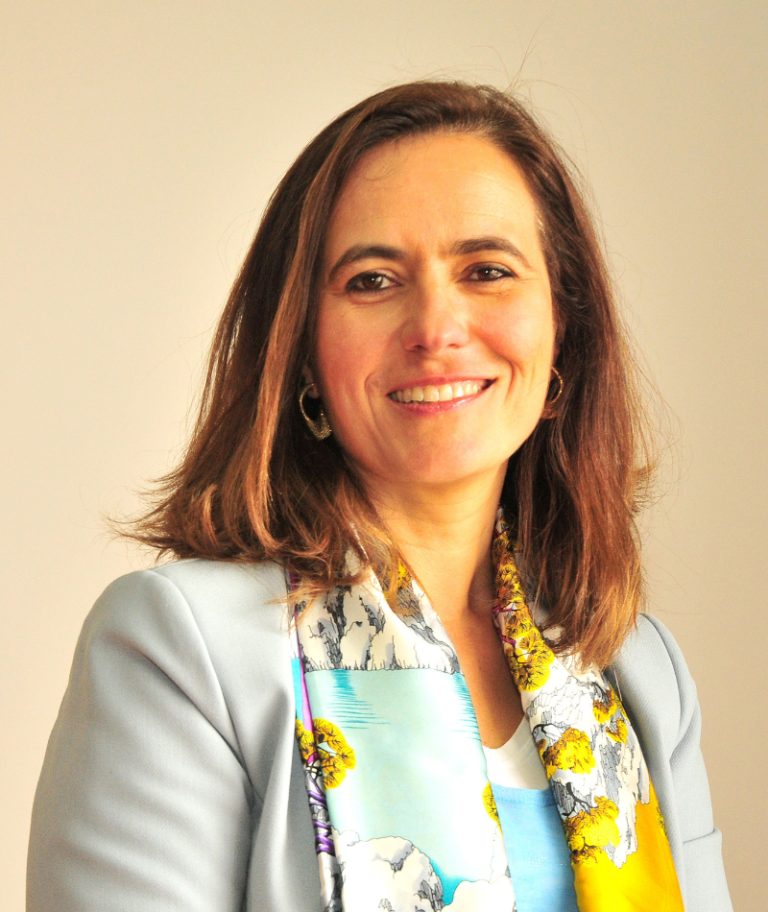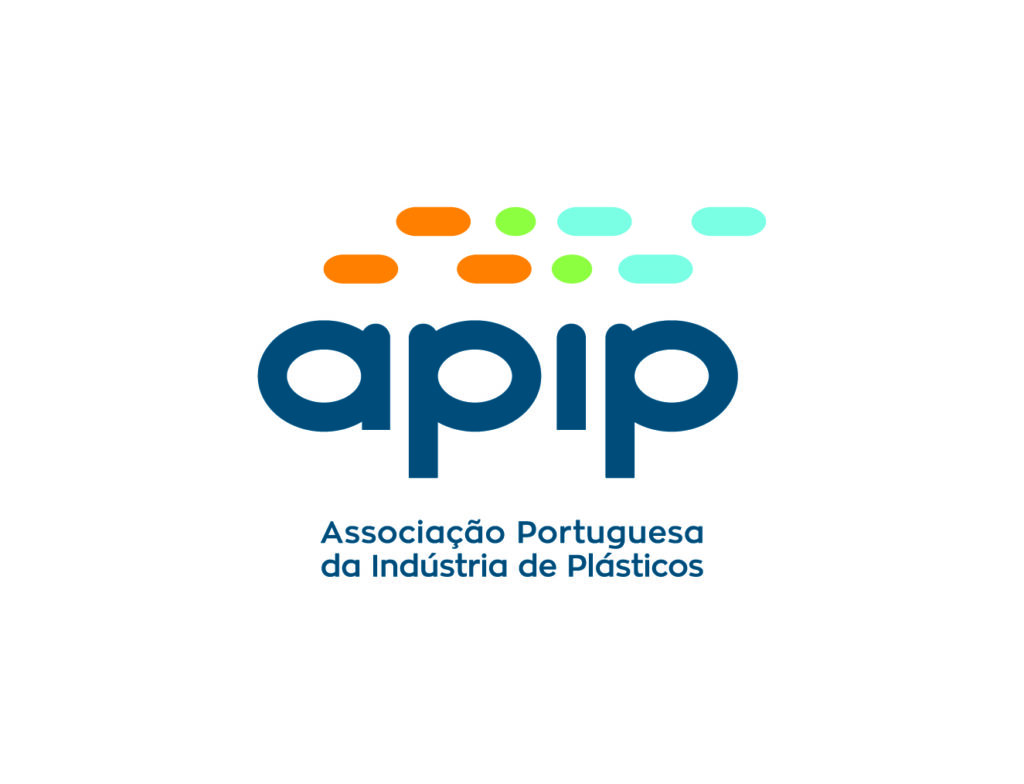Roadmap for the
DECARBONISATION
of the Plastics Industry
Roadmap for the
DECARBONISATION
of the Plastics Industry
Paradigm Shift in Society
With the Paris Agreement (PA) in 2015, there was a paradigm shift in society, with the explicit recognition that only with everyone’s contribution is it possible to overcome the challenge of climate change and halt global warming to just 2°C above pre-industrial levels.
The fight against the climate emergency is one of the European Commission’s top priorities and the European Green Deal is its ambitious plan to make Europe the first climate-neutral continent.
The European Green Deal includes key policies aimed at ambitiously reducing carbon dioxide emissions, preserving natural heritage and biodiversity, and investing in cutting-edge research and innovation to combat the climate crisis.
Following this commitment, the European Commission has launched a series of key strategies aimed at addressing this challenge on several fronts, including the “Clean Energy for All Europeans Package” to boost the energy transition from 2021 to 2030, complying with the Paris Agreement and simultaneously fostering economic growth and job creation.
Following this legislative package, each Member State developed and submitted to the European Commission an integrated National Energy and Climate Plan (NECPs) for 2030, setting clear targets in terms of greenhouse gas emissions, renewables, energy efficiency, interconnections, the internal market and research and innovation.
Source: PNEC
The National Plan for Energy and Climate (PNEC) plays a crucial role as a strategic tool for defining Portugal’s policies towards carbon neutrality for the next decade. This plan will be based on the principles established by the Roadmap For Carbon Neutrality 2050 (RNC 2050).
The main objective of RNC 2050 is to identify and explore the implications of different pathways that are technically possible, economically sustainable and socially acceptable for achieving carbon neutrality in the Portuguese economy by 2050.
The transition to a deeply decarbonized economy requires not only analytical skills and appropriate tools, but also broad involvement and cooperation between all social agents, so that together they can analyse, discuss options and define mitigation strategies, as well as establishing low-carbon trajectories for the country’s economic future.
Souce: RNC 2050
Commitment and alignment of the Plastics Industry
The Roadmap for the decarbonisation of the Plastics Industry is an APIP initiative, approved under the Recovery and Resilience Plan (RRP), and is being carried out in partnership with Ernst & Young (EY). This initiative aims to leverage the decarbonisation of the sector and promote a paradigm shift in the use of resources, helping to accelerate the transition to a carbon-neutral economy. This project represents the Plastics Industry’s commitment and alignment with the national targets established in the Roadmap for Carbon Neutrality 2050 and with the principles and targets of the European Green Deal, in a context where climate stability is a central priority for the various product and material value chains, requiring a commitment and effective effort from all sectors in the carbon neutrality process.
The roadmap also aims to comply with the United Nations Sustainable Development Goals (SDGs), especially SDG 13 on combating climate change.
With the aim of making a constructive contribution and ensuring that the country’s ambitions are in line with reality in matters related to the national plastics industry, the Roadmap for the decarbonisation of the Plastics Industry will:
- Frame the various projects of industrial companies in the sector
- Promote joint projects with other sectors
- Enable coordination/dialogue with public authorities and political decision-makers to implement these plans/projects







Portuguese Plastics Industry Association
The Portuguese Association of the Plastics Industry (APIP) is a non-profit organisation and the leading association in the plastics sector in Portugal.
APIP is actively committed to reconciling the preservation of the environment and resource efficiency with the development of the sector, and takes on the circular economy and sustainability as two axes of strategic intervention in its activity.
Our Objectives
Leverage the decarbonisation of the Plastics Industry and promote a paradigm shift in the use of resources
, through the training of companies in the sector in this area, thus implementing the measures of the PNEC 2030 and contributing to accelerate the transition to a climate-neutral economy.
Facilitate the connection of RDIP to ongoing decarbonisation and energy transition efforts in other sectors,
as well as the creation of synergies between initiatives, in a logic of intra- and inter-cluster.
Communicate and promote a
broad discussion of the transition scenarios/pathways identified in the RDIP 2050
with the relevant stakeholders and society.
Promote dialogue with policy makers and national authorities relevant to the implementation
of the RDIP 2050, supported, among other elements, by identifying, discussing and working together on the requirements, facilitators and barriers/constraints to its implementation.
Project Coordination
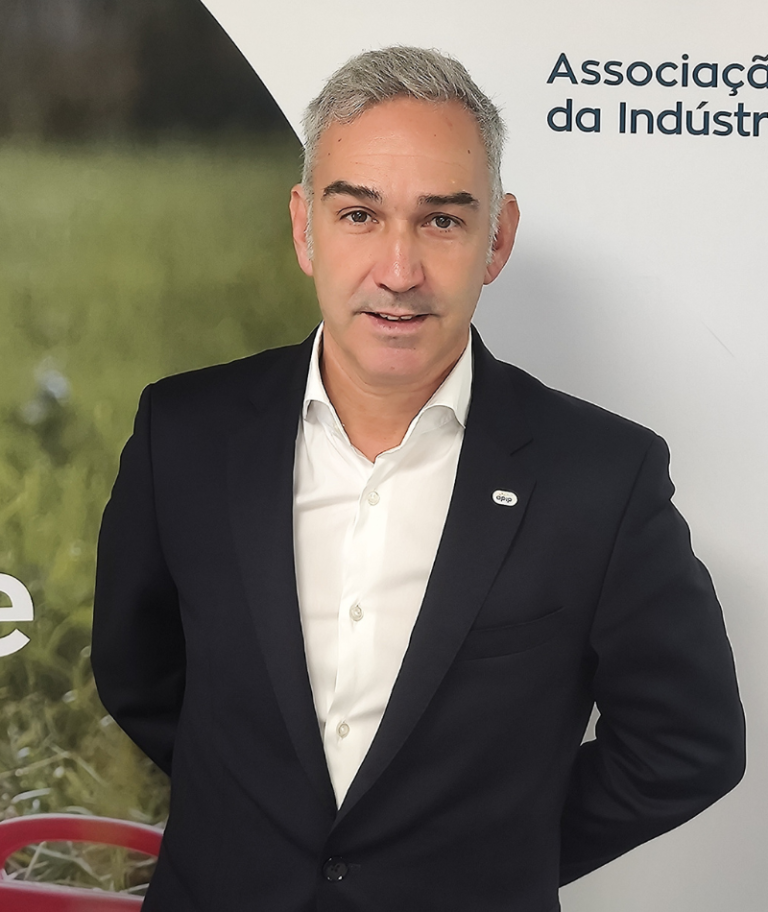


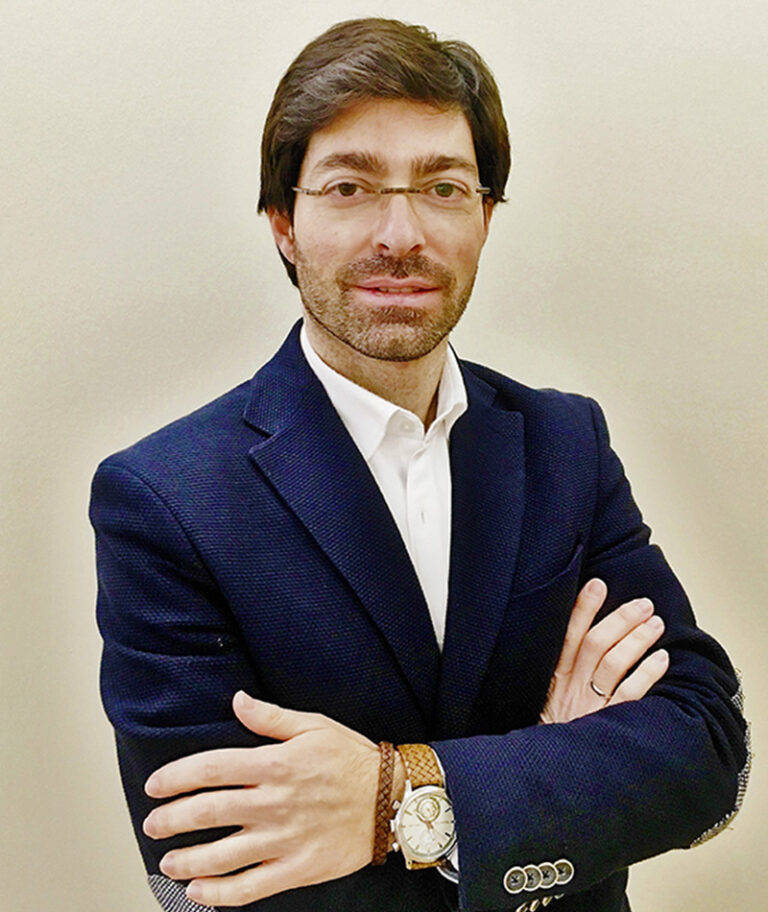

Advisory Board
RDIP 2050 has an Advisory Board, made up of two groups that support the development of the work – a Strategic Committee and a Scientific Committee.
This Advisory Board plays a guiding role in defining the broad strategic lines of RDIP 2050, defining scenarios and emission modelling methodologies, and is made up of personalities recognized for their technical skills and professional experience in areas critical to the development of the roadmap.
Scientific Committee
The members of this committee participate voluntarily and on a pro bono basis

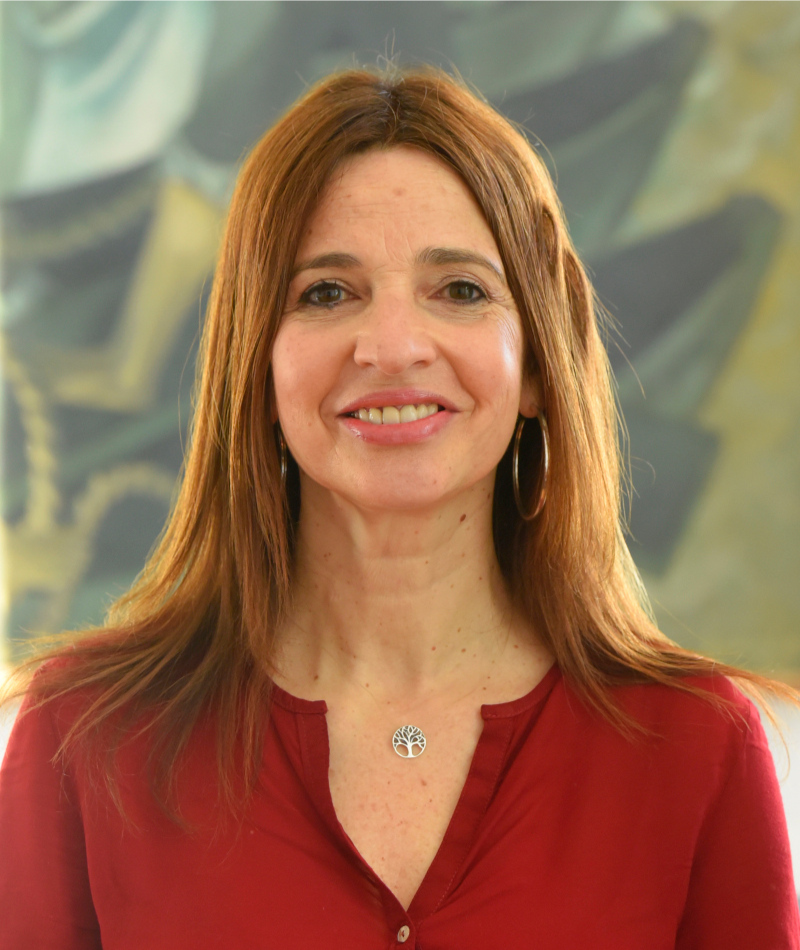





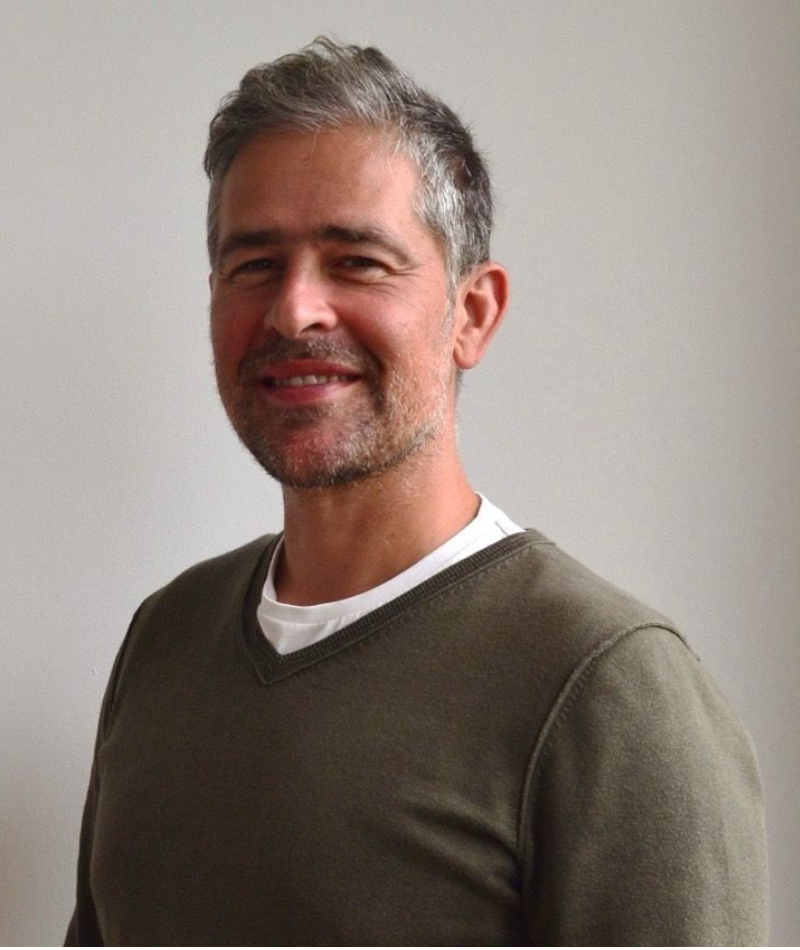



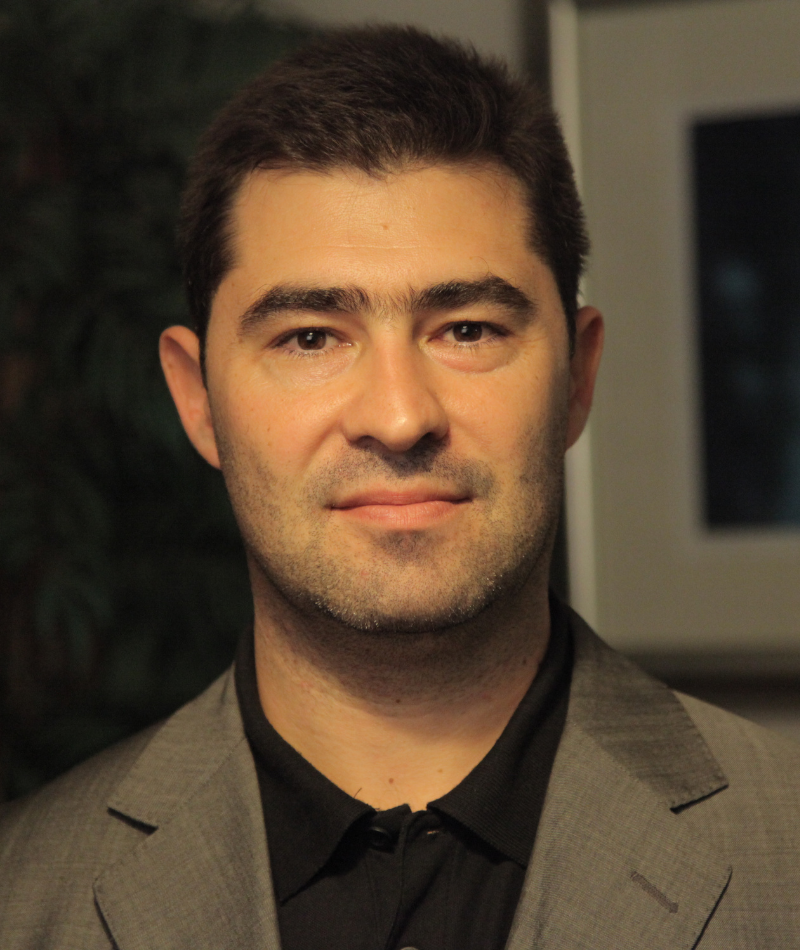


Strategy Committee
The members of this committee participate voluntarily and on a pro bono basis






